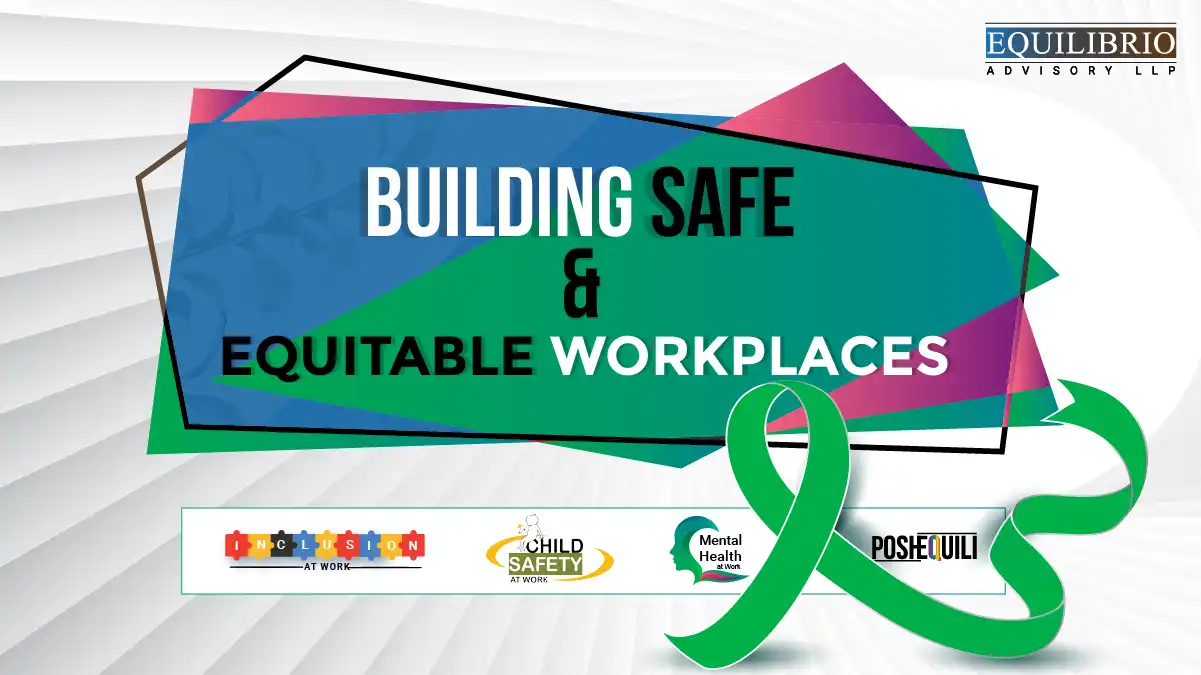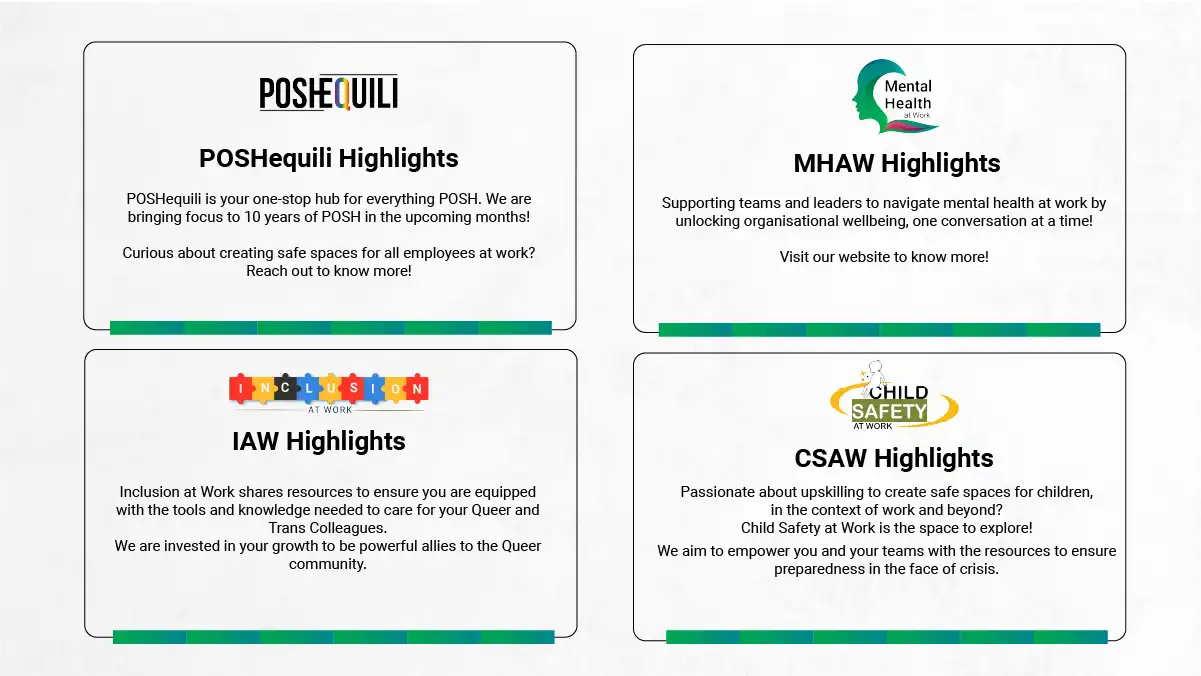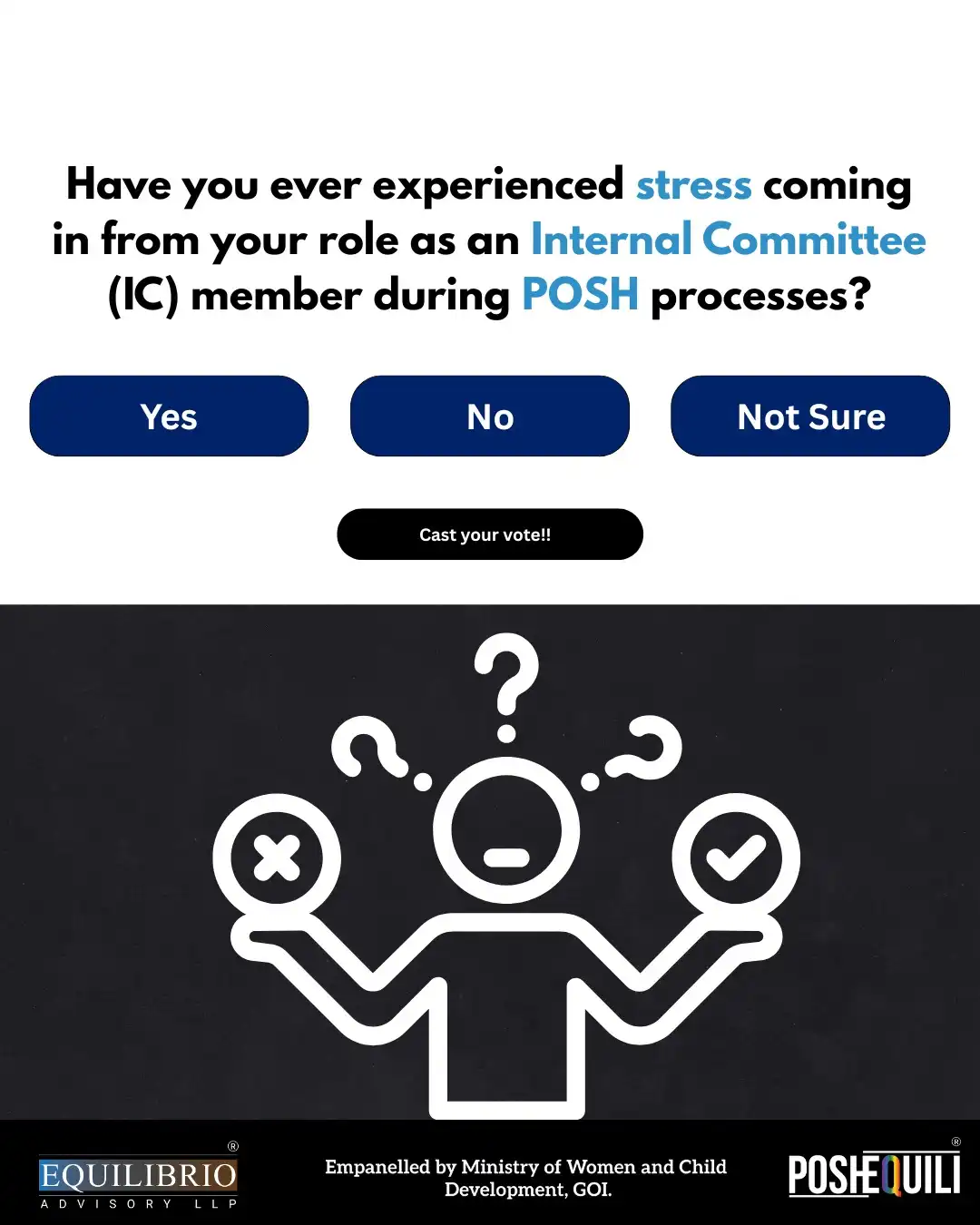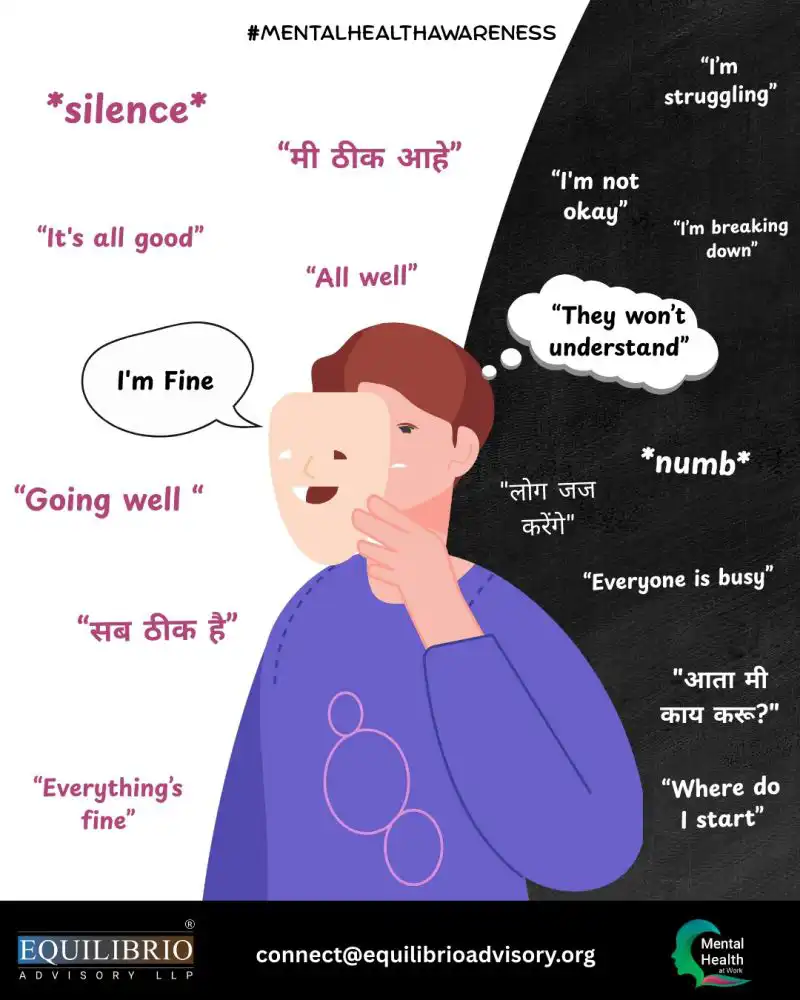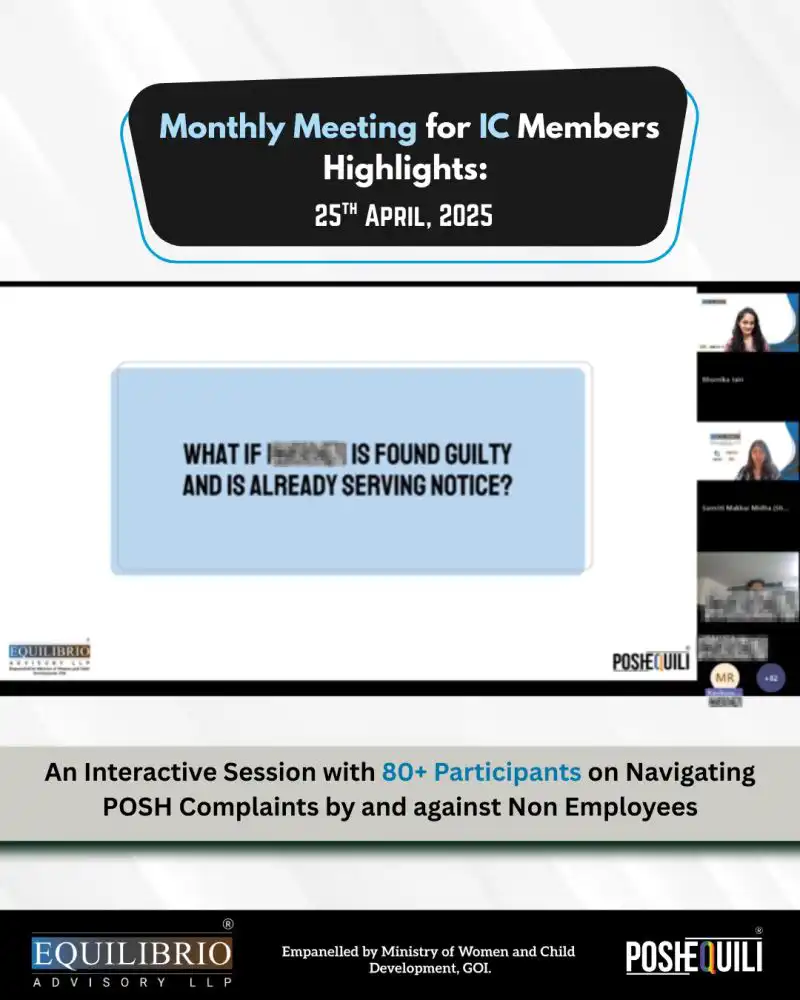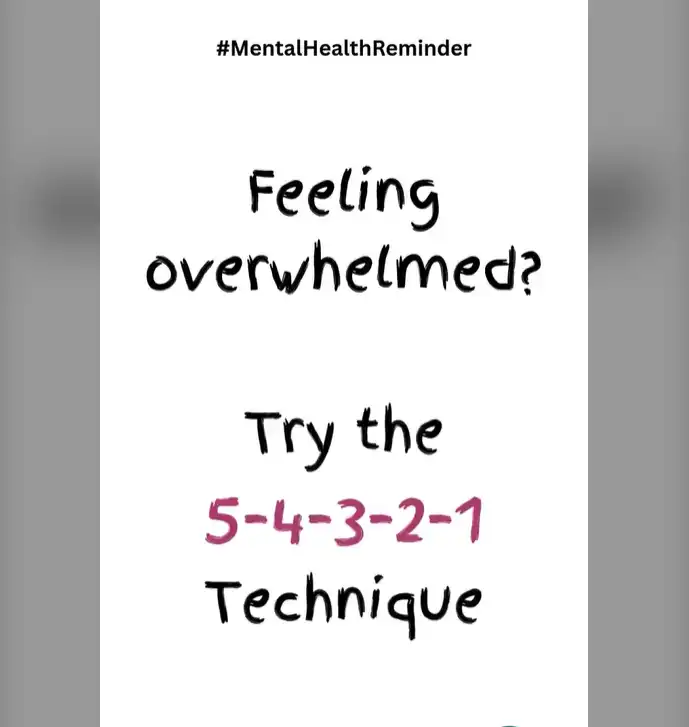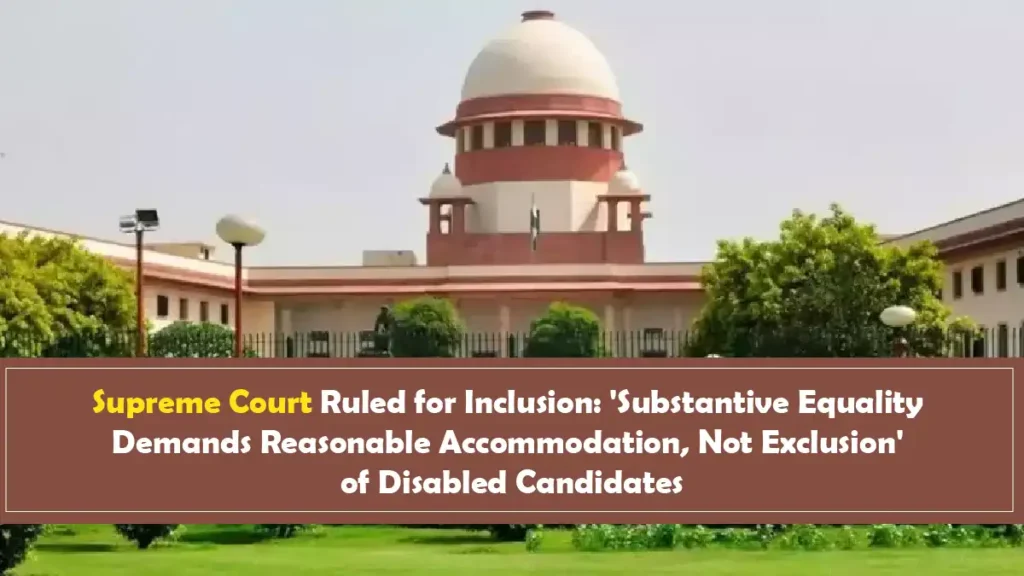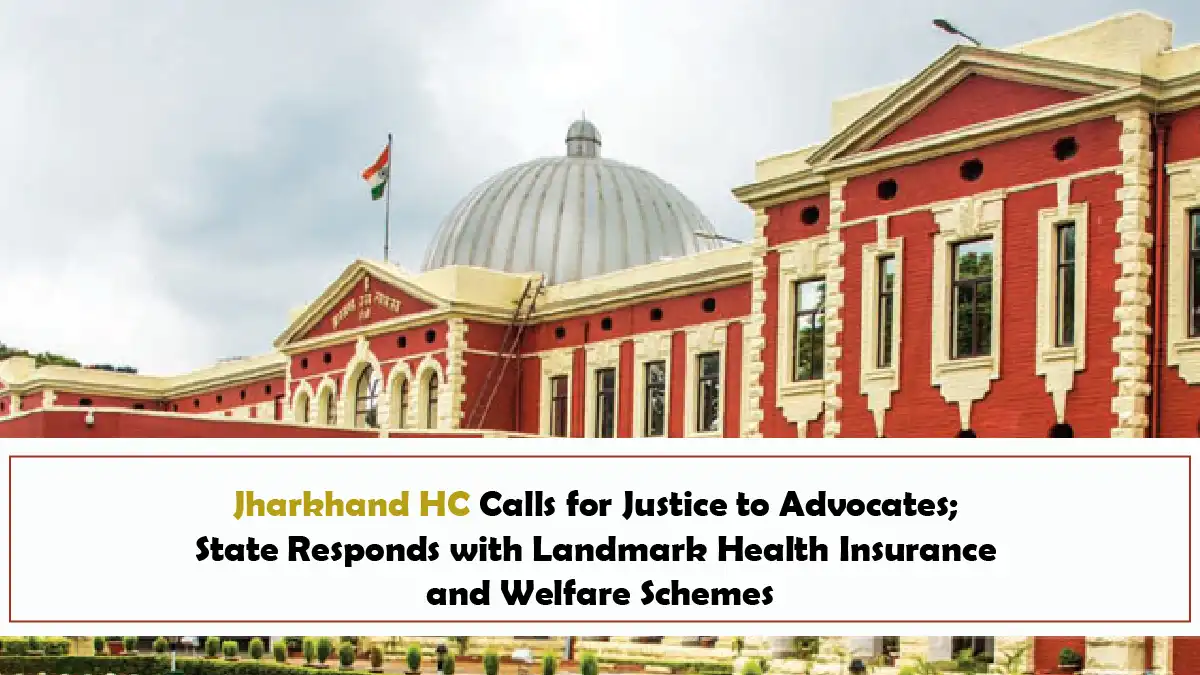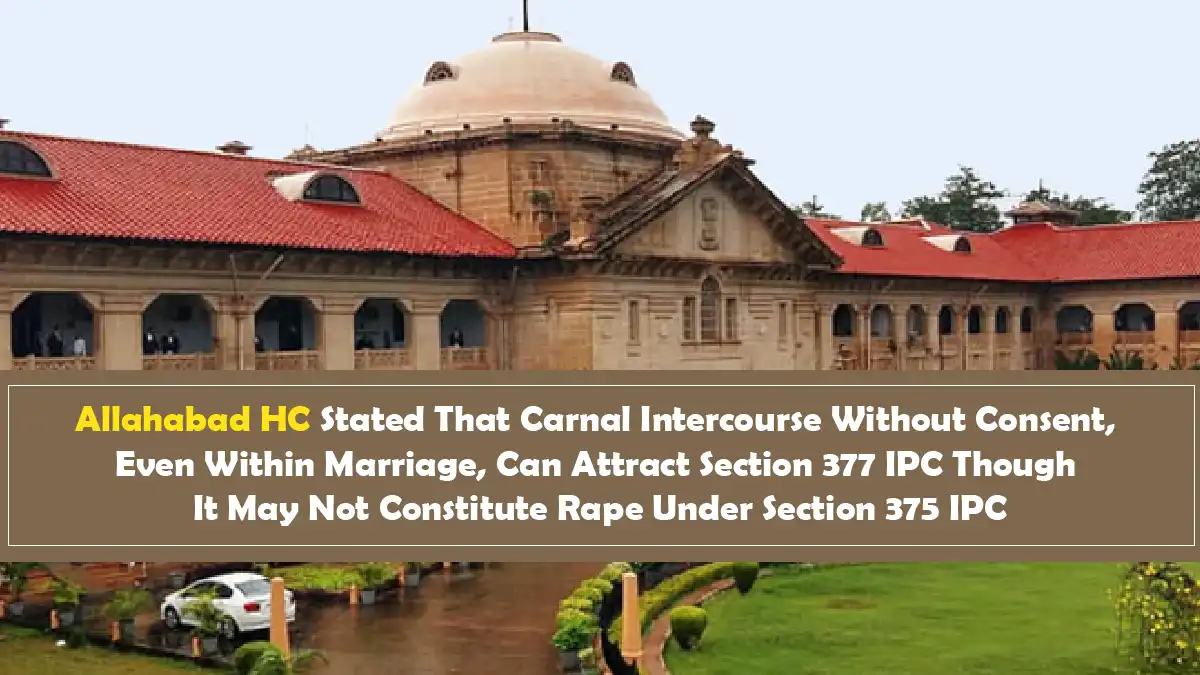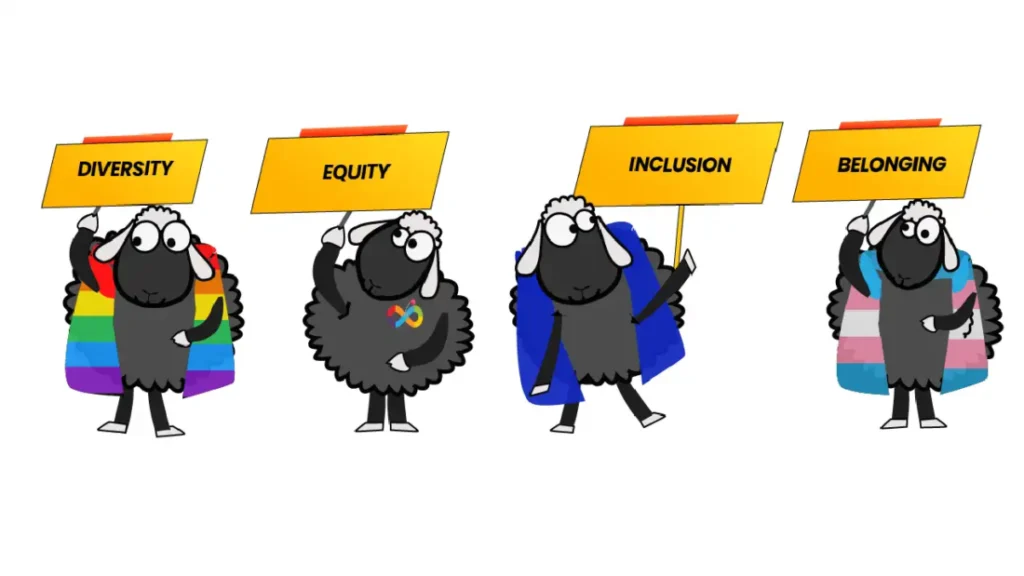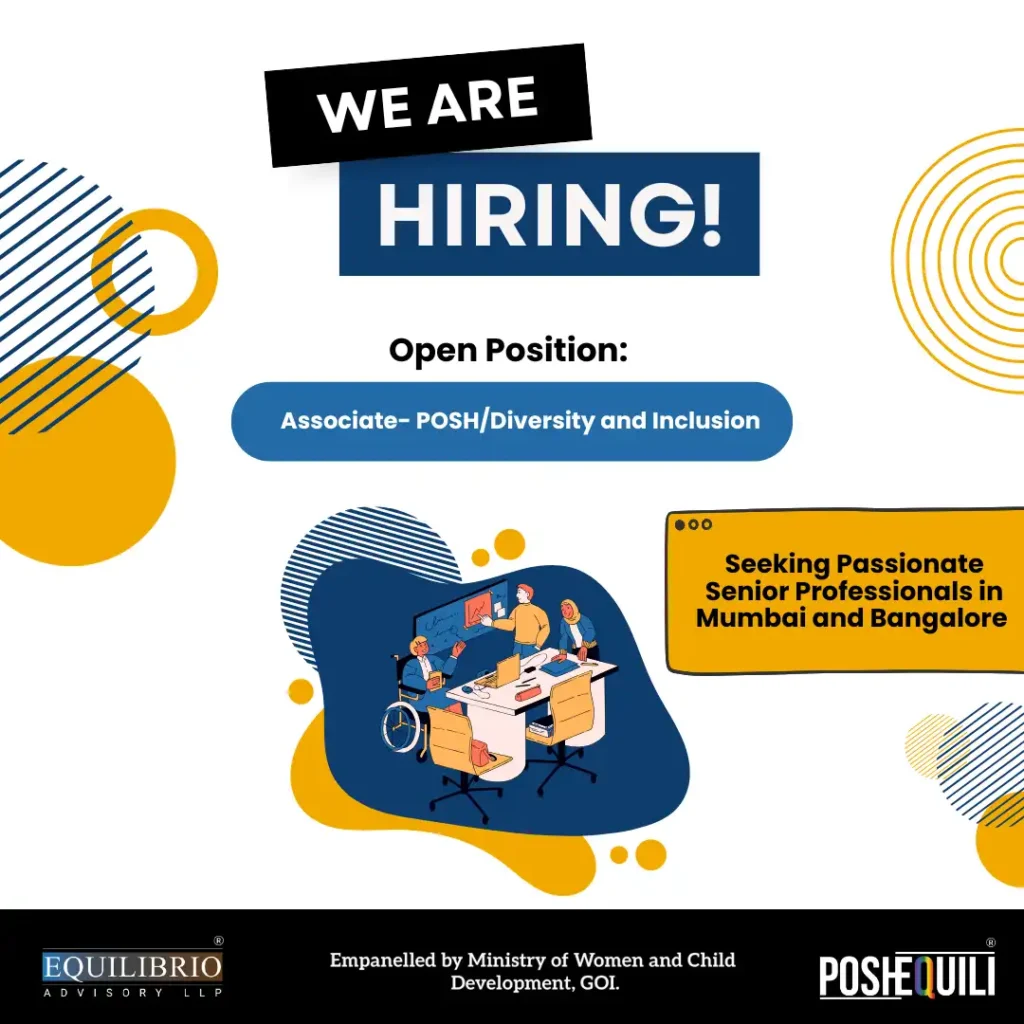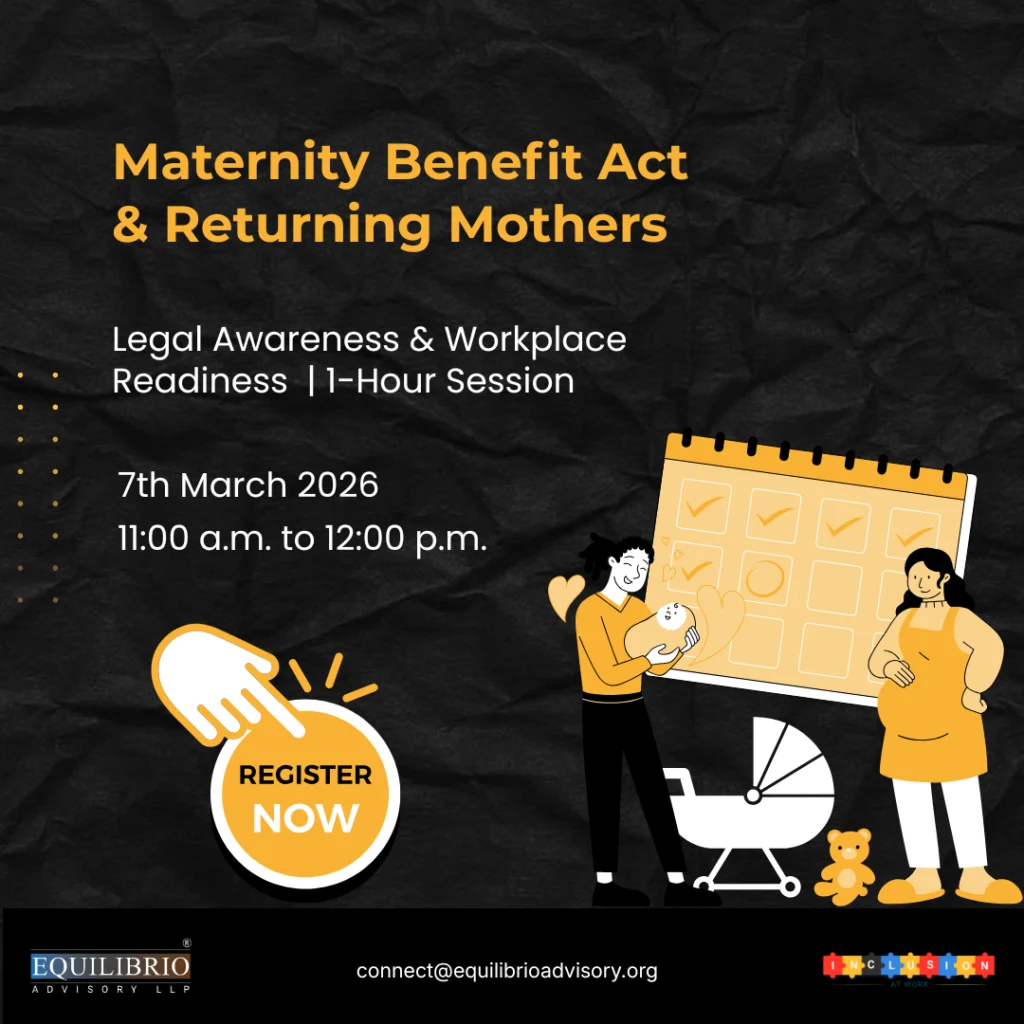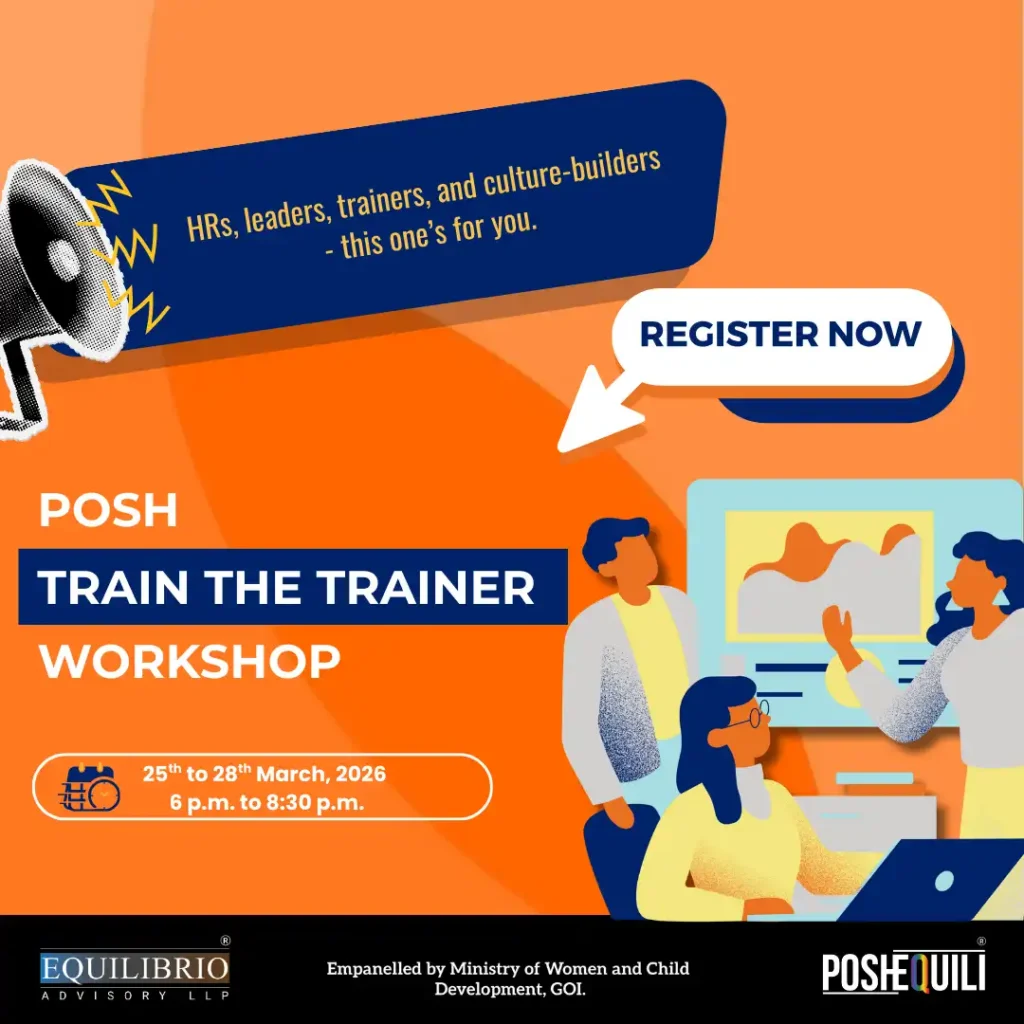The Equilibrio Gazette
A brief bulletin for building safe workspaces!
This weekly newsletter is your gateway to staying current on relevant
laws (like POSH, POCSO, Transgender Persons Act, etc.) and the
psychosocial intersections that impact the workplace.
9th May 2025 2025 | Issue No. 80
Upcoming Events
Mark your calendars! In this section, we highlight an upcoming event you won't want to miss.
In the Spotlight!
Explore ways to build your knowledge and capacity with our team of in-house experts!
Stay Current!
~ Spotlighting Landmark Judgments since passing of the Law!
I - LEGAL UPDATES
II - Exploring Intersections
Engage with us!
Here's your weekly food for thought through a Fun Fact or Quiz.
Did you know that the fear and anxiety experienced during wartime are not just emotional responses, but deeply rooted psychological reactions to constant threat and uncertainty? When a country is actively at war, individuals may live in heightened states of alertness, causing chronic stress, sleep disturbances, and even PTSD (Post Traumatic Stress Disorder). This “survival mode” can impact decision-making, relationships, and physical health. Fear becomes a daily reality, not just from direct violence, but from the unpredictability of what tomorrow may bring. Take care and reach out for help if needed.

Have a burning question about POSH? Maybe Mental Health at Work, Child safety or DEI&B strategies? Drop us an email with your query and we would love to answer it, in all seriousness.
Here’s all the tools you need to build safe and equitable workspaces!
Drop us a Hey, to get started!



